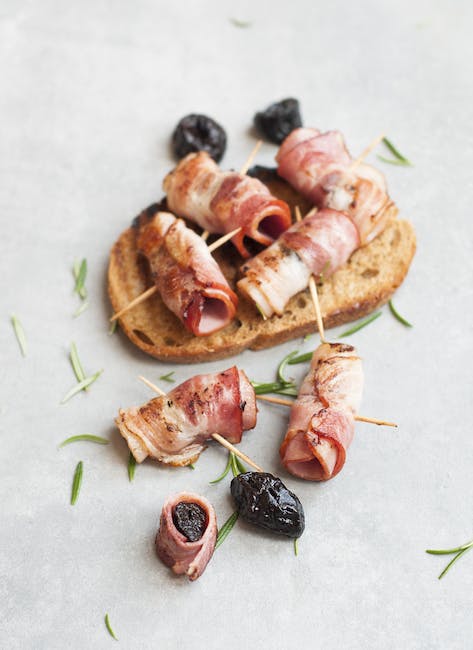Prunes vs Plums: Unveiling the Nutritional Secrets of These Delectable Fruits
Are you torn between the sweet, juicy allure of a fresh plum and the rich, chewy decadence of a prune? You’re not alone. The debate between prunes and plums is not just a matter of taste but also of health benefits and culinary versatility. In this comprehensive guide, we’ll delve into the world of these delightful fruits, comparing their nutritional profiles, health benefits, and uses in the kitchen. Whether you’re a health enthusiast, a culinary aficionado, or simply curious, this article promises to enlighten you on the prunes vs plums conundrum.
What Are Prunes and Plums?
The Basics of Plums
Plums are stone fruits, related to nectarines, peaches, and cherries. They come in a variety of colors and sizes, with over 2,000 varieties available worldwide. Plums are known for their sweet and tart flavor and are enjoyed fresh or used in a variety of dishes.
Understanding Prunes
Prunes, on the other hand, are dried plums, specifically from the variety known as Prunus domestica. The drying process concentrates the sugars, making prunes sweeter than their fresh counterparts. Prunes are often praised for their fiber content and are commonly used to aid digestion.
Nutritional Comparison: Prunes vs Plums
When it comes to nutrition, both prunes and plums offer a wealth of benefits. Let’s break down their nutritional content to see how they compare.
The Nutritional Profile of Plums
- Low in calories
- High in vitamins C and K
- Contains antioxidants
- Provides dietary fiber
The Concentrated Power of Prunes
- Higher in calories due to sugar concentration
- Rich in fiber, aiding in digestive health
- Packed with vitamins and minerals, including potassium and iron
- Contains phenolic compounds that have antioxidant properties
Health Benefits: How Do They Stack Up?
The Digestive Benefits of Prunes
Prunes are often associated with improved digestive health. Their high fiber content can help prevent constipation and promote regular bowel movements. Additionally, prunes contain sorbitol, a sugar alcohol with a natural laxative effect.
Plums’ Role in Overall Health
Plums are rich in antioxidants, which help combat oxidative stress and may reduce the risk of chronic diseases. They also have a lower glycemic index than prunes, making them a better choice for blood sugar management.
Culinary Uses: From Breakfast to Dessert
Versatile Plums in the Kitchen
Fresh plums can be enjoyed on their own or incorporated into a variety of dishes. Here are some popular ways to enjoy plums:
- Sliced in salads or cereals
- Baked into pies or tarts
- Grilled as a savory side dish
Prunes’ Sweet and Savory Applications
Prunes can be used in both sweet and savory recipes. Their concentrated sweetness adds depth to dishes. Here’s how you can use prunes:
- Stewed as a compote or jam
- Chopped into stuffings or sauces
- Blended into smoothies or baked goods
Frequently Asked Questions
Are Prunes Just Dried Plums?
Yes, prunes are essentially dried plums. However, not all plum varieties are used to make prunes. The Prunus domestica variety is most commonly dried to produce prunes.
Can Eating Prunes Help with Weight Loss?
Prunes can be a part of a weight loss diet due to their fiber content, which can help you feel full longer. However, their higher calorie content compared to fresh plums should be considered in your overall diet plan.
Are Plums or Prunes Better for Diabetics?
Plums have a lower glycemic index and may be a better option for diabetics. However, prunes can also fit into a diabetic diet if portion sizes are controlled.
Conclusion: The Verdict on Prunes vs Plums
In the end, both prunes and plums have their unique advantages and can be included in a balanced diet. Whether you prefer the fresh sweetness of plums or the rich texture of prunes, these fruits offer a bounty of nutritional benefits and culinary possibilities. By understanding their differences and similarities, you can make informed choices that cater to your health needs and taste preferences. So next time you’re at the market, why not pick up both and enjoy the best of both worlds?


